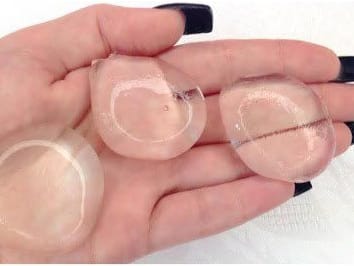 Brooks Brothers: 200 Years of American Style
Presidents from Kennedy to Trump have worn Brooks Brothers.
Brooks Brothers: 200 Years of American Style
Presidents from Kennedy to Trump have worn Brooks Brothers.
- Brooks Brothers is America's oldest clothing brand, established in 1818.
- Brooks Brothers was the first to sell "ready-to-wear" clothing for men, and the first US label to export its clothing internationally.
- The brand has made its mark becoming the de facto menswear brand for celebrities, Wall Street executives, and US presidents.
In 1818, at 46 years old, Henry Sands Brooks bid $15,250 at an auction and became the official owner of a building at Catherine and Cherry Streets in New York City. That building became the first storefront for Brooks Brothers - back then called "Brooks's New York City."
The evolution of the brand, from a corner store to an internationally renowned and recognized name, is chronicled in the new book " Brooks Brothers: 200 Years of American Style."Complete with accounts and quotes from the brand's current CEO, Claudio Del Vecchio, famous fashion designers, and style journalists, the book provides a 360-degree view of how Brooks Brothers was created and how it has stayed relevant.
Brooks Brothers has been the leader of multiple major trends and disruptions within the textile industry. Their invention of the soft-collared button-down polo shirt - which was introduced in the 19th century - has been worn by everyone from Ivy League students to Andy Warhol. This new kind of shirt, at the time, got rid of the need for stiff detachable linen collars.
Brooks Brothers also popularized seersucker in the 1920s and was the first brand to bring linen crash, shantung silk, and cotton cord into the US. But the brand isn't just for men.
As early as 1910, women were borrowing styles, like the polo coat, from Brooks Brothers. According to Life magazine, in the 1940s, female college students from Smith, Vassar, and Wellesley were demanding the brand make women's fit clothing. In 1949, the brand finally introduced their first ever woman-fit polo shirt and has since greatly expanded their women's department.
Below, take a look at evolution of Brooks Brothers.

 Next Story
Next Story



Comments ()
SIGN IN WITH
FacebookGoogleEmail